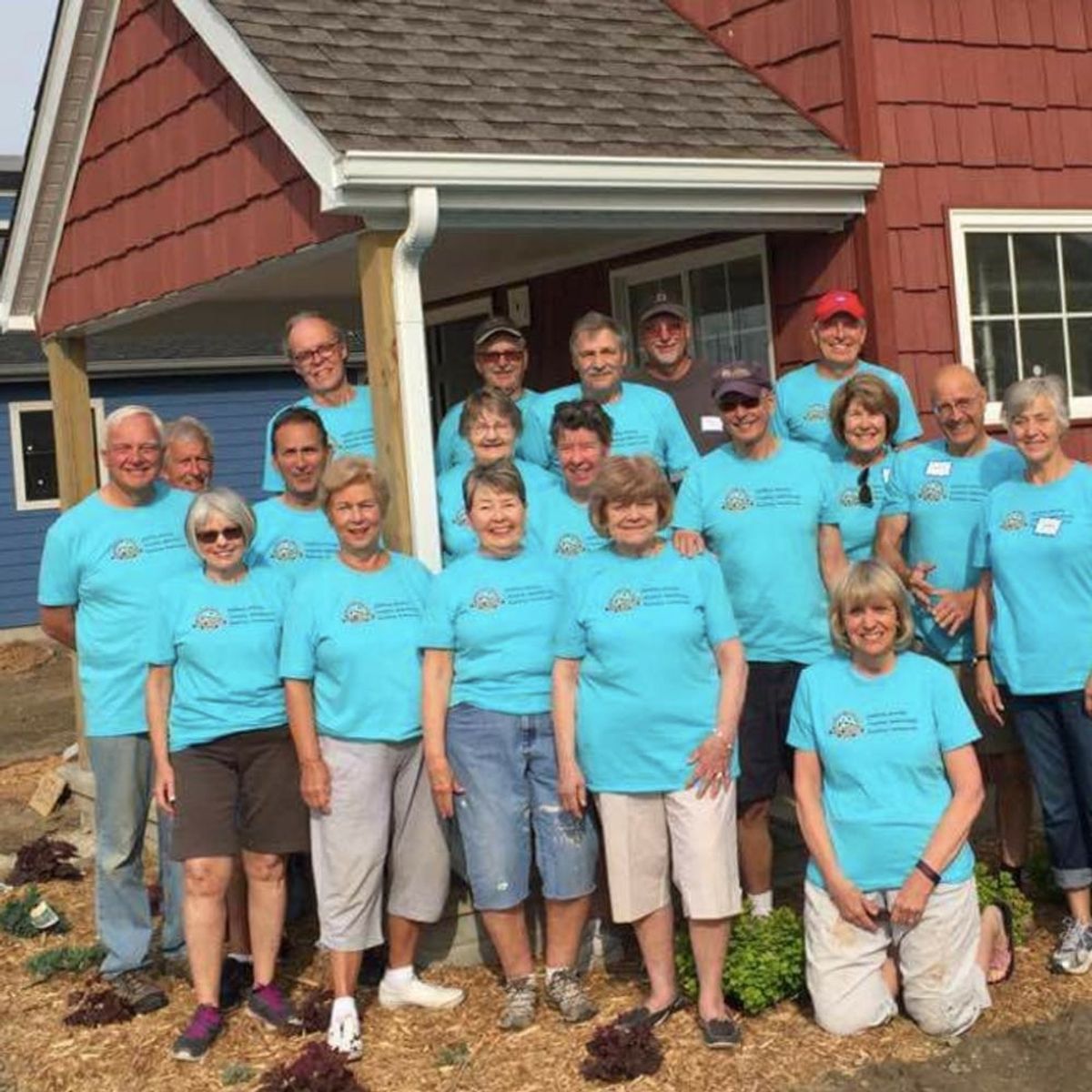This Detroit Community Built Tiny Homes to Help Low-Income Workers Become Homeowners

Tiny homes have become a popular living solution for more than just their dreamy aesthetic possibilities. Many people are choosing to downsize for a more simple and sustainable lifestyle, and with home prices going anywhere but down, they’re often the only affordable option for a lot of people. One Detroit community is even building tiny homes to give homeless and low-income people the opportunity to be homeowners, proving the small spaces are as important as they are Instagram-able.

The project is the work of Detroit nonprofit Cass Community Social Services, and while it’s not the first initiative of its kind in the US, it is the first where people will rent to eventually own their homes, according to Business Insider.
“We wanted to create a program to help formerly homeless and other low-income people establish wealth,” Rev. Faith Fowler, executive director of Cass Community Social Services, tells Brit + Co in an email. “The rent-to-own period is meant to ensure that the residents will have the financial discipline and home ownership skill set to keep and maintain the properties.”

Residents applied for the tiny homes and were ranked according to their financial history, housing history, credit checks, references, and personal interviews. The highest scorers were chosen, as Fowler says, because they were the most likely to succeed in the program. Residents rent the homes to start for no more than a third of their monthly income, and, per the Cass website, after seven years, residents who remain will be given the opportunity to own the home and property.
Six tiny homes were completed and moved into in June (Cass plans to build 25 homes by the end of 2017), but as Fowler tells us, the work, in some ways, is just getting started.
“We’re offering financial coaching in establishing budgets, eliminating debt, exploring options to make more money and more,” she says. “The homes are in close proximity to our campus and so residents can eat in the cafeteria or receive food boxes to help them. And, there are home-ownership classes and a once-a-month volunteer commitment.”
Fowler hopes — and believes — that more projects like the Cass tiny homes are adapted not only within Detroit, but by other communities too, and many commenters on the Cass website are eager to put similar projects into motion in their own communities.
“We do believe that other areas could replicate the program or take parts of it for their areas,” Fowler says. We certainly hope so.
What do you think of these Detroit tiny homes? Let us know @BritandCo!
(Photos via Cass Community Social Services/Facebook)



















